One of the most laborious tasks that engineering design technology professionals face is data management. Within this industry, professionals work to conceptualize and design systems, machines and building structures utilizing Revit, Inventor, Civil 3D and other BIM technologies to carry out their projects. However, when it comes to project management, it can be difficult to keep track of the endless amounts of data involved in seeing a design through to completion. Teams of skilled technicians, engineers, construction managers, consultants and other parties must all be able to access and utilize project-relevant information. Unfortunately, with the use of different software programs and platforms to create designs, data can get lost, and professionals often waste valuable time searching for the right information.
If you’re pursuing Engineering Design Technology training at Digital School, you’ll build the skills to design various projects while effectively managing your data. Get a head start by discovering a few techniques you can integrate into your data management practice below.
Draft Your Process and Delegate Authority
When it comes to data management, mapping out a straightforward process and assigning clear responsibilities is essential for success. When working on a project after completing online technical college, it’s important to outline each stage that the design product will go through during the building lifecycle. While outlining these stages, you’ll also want to have a clear idea of who is in charge of the project at that stage. Delegating authority and drafting a clear map of the product’s journey will ensure that one person is always responsible for capturing the data, in addition to segmenting the stages at which data can be captured and traced back to.

After online technical college, simplify data management by mapping out the project lifecycle
Collect as Much Data as Possible
As you move through the process of bringing a design to life through simulation, analysis, testing and other methods, it’s important to continuously collect each and every data point. Make sure to gather data from all documents, 2D and 3D drawings, components and parts used and more, leaving no information unaccounted for. Capturing all possible data will help you make more informed predictions about the product you’re working on, making it easier to avoid unnecessary errors or unanswerable questions.
Define and Share Standards
Creating a set of standards that other professionals can adhere to is one of the best ways to ensure that data is managed correctly throughout the project lifecycle. Make sure that everyone on the project is naming their files according to the same format, making it easier to locate and identify necessary information. After technical consulting training, you can also develop a document that contains guidelines on nomenclature and other data management practices, ensuring that there’s no room for confusion during the design and development processes.
Consistent Storage Is Key
When it comes to engineering data management, it’s likely that data exists in many different locations, given the various programs and tools that are utilized throughout the process. However, thanks to cloud computing technology, centralized data storage is now possible, allowing everyone to keep information relevant to the project in one place. Throughout your career, make sure to take advantage of cloud storage and keep everything in one secure place.
Keep Your Process Collaborative
Good data management practices breed collaboration. When information is transparent and can be easily accessed by different stakeholders on the projects, it’s easier for teams of professionals to work together, using the same centralized data to solve problems. With enhanced collaboration, you’ll see productivity and accuracy increase within the project lifecycle.
Interested in engineering design technology?
Book a Discovery Session with Digital School.



